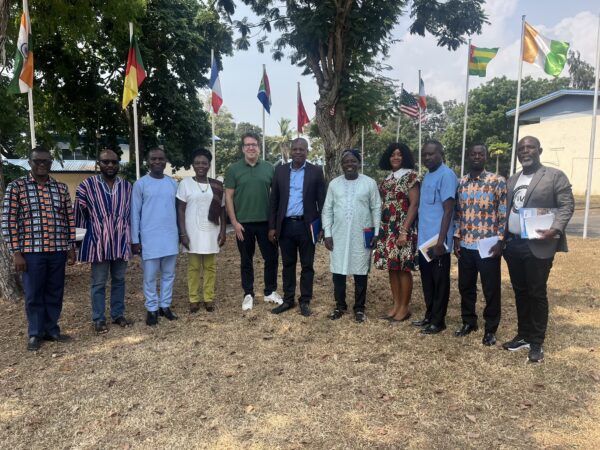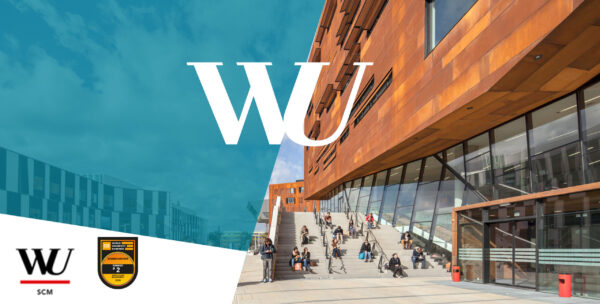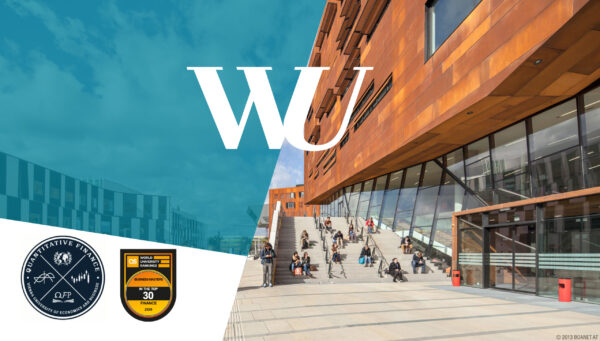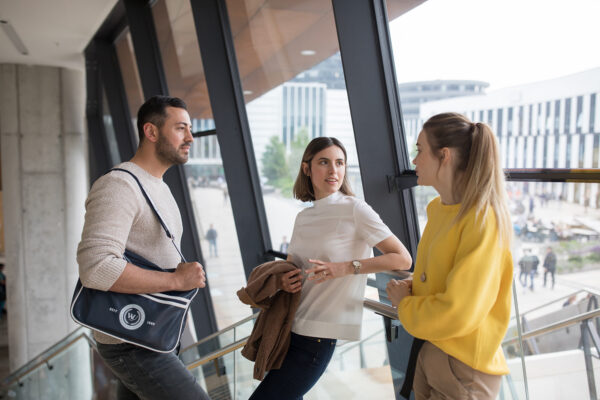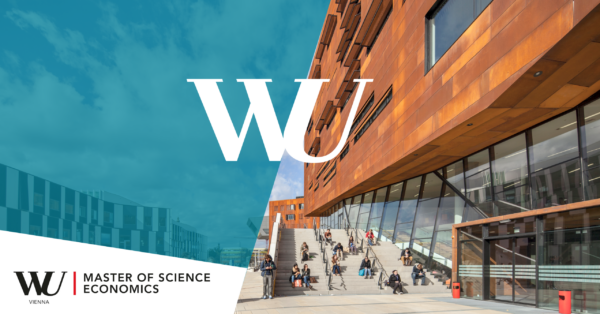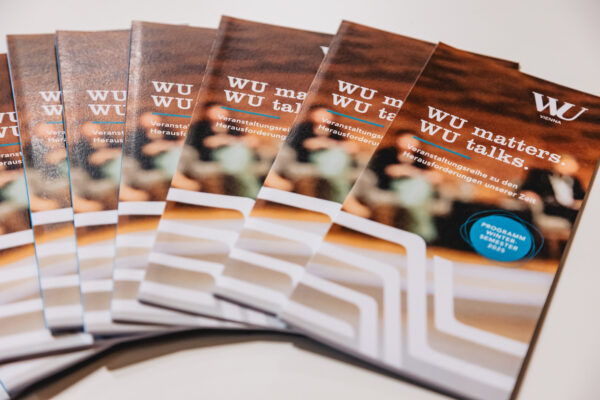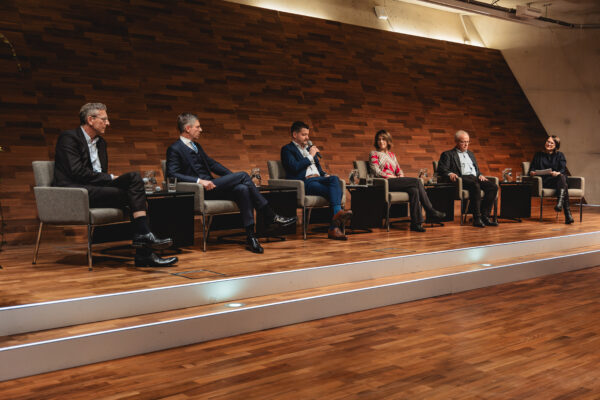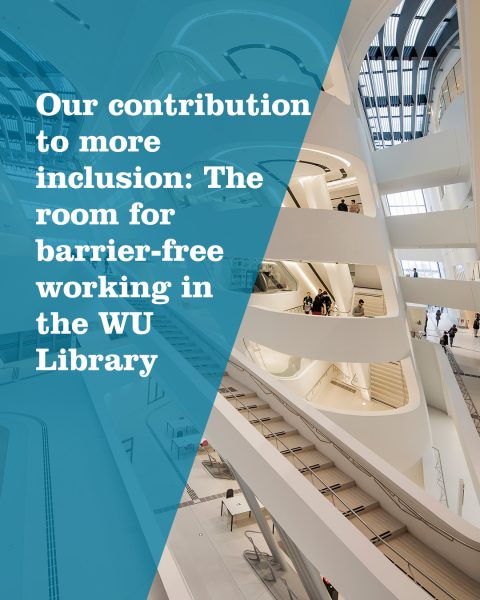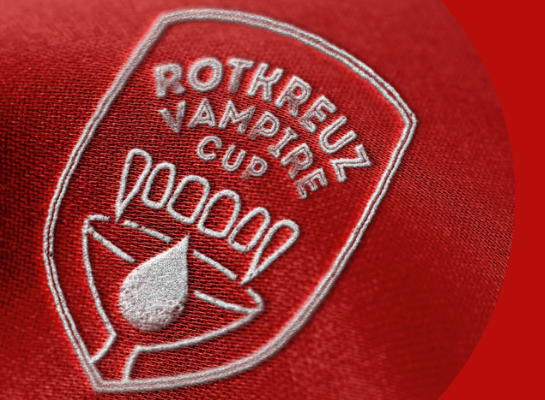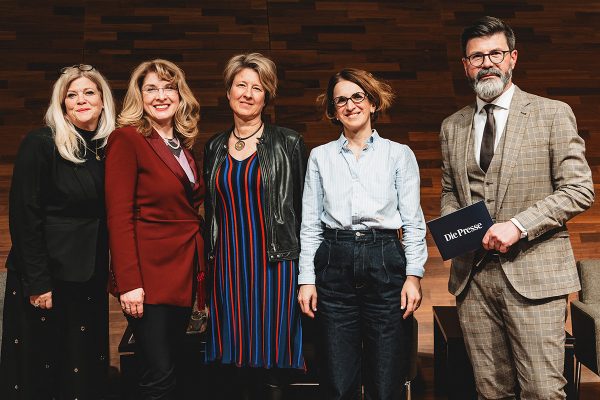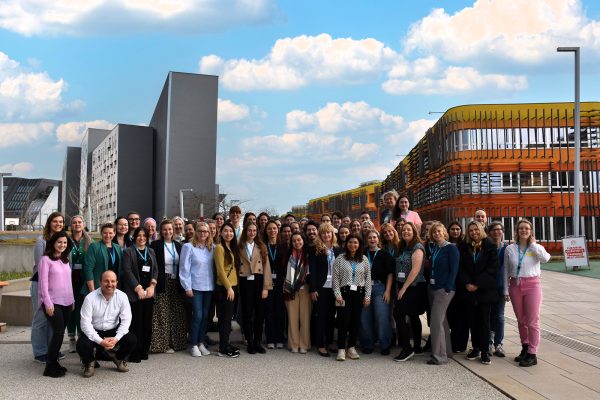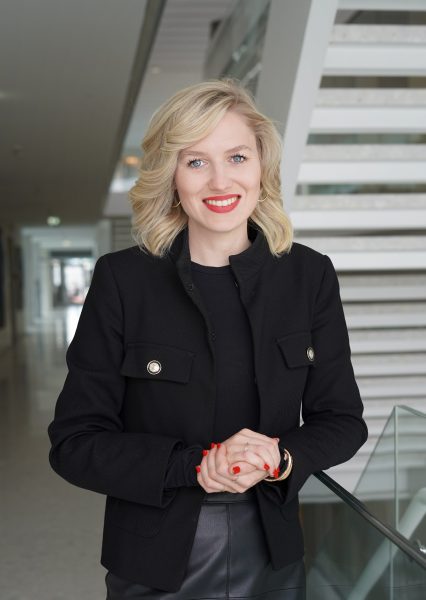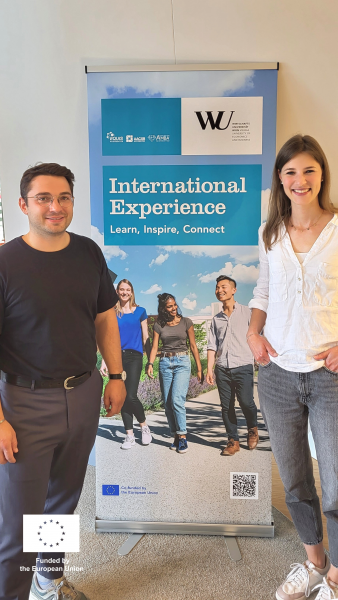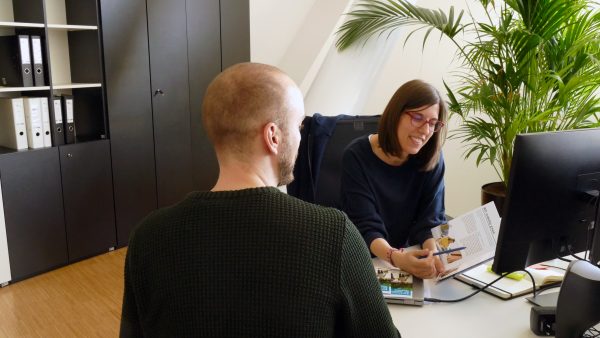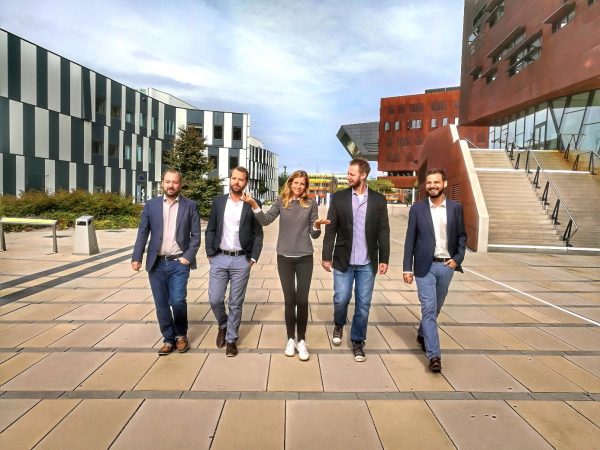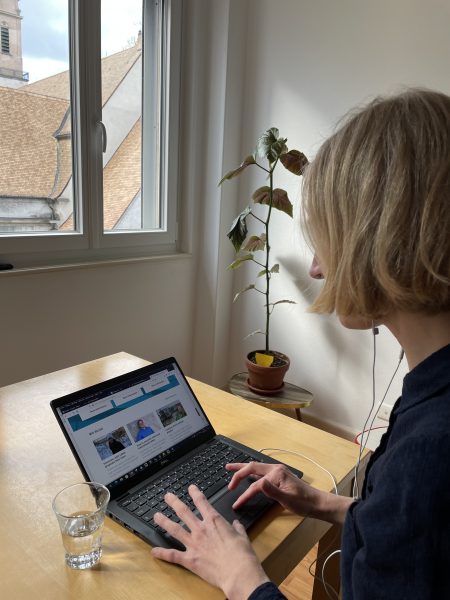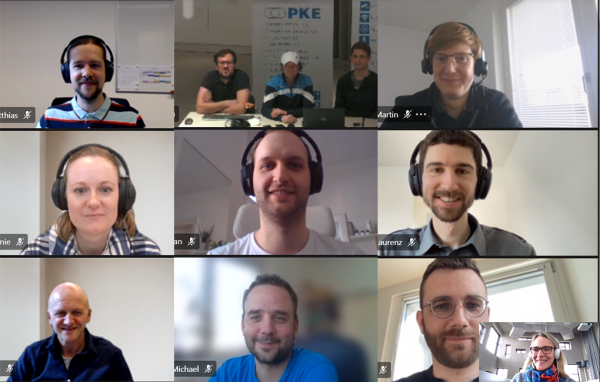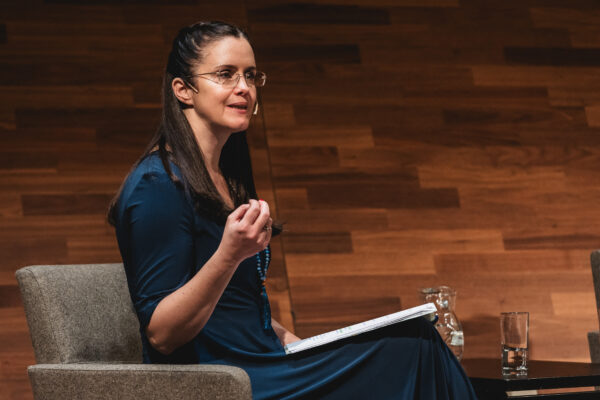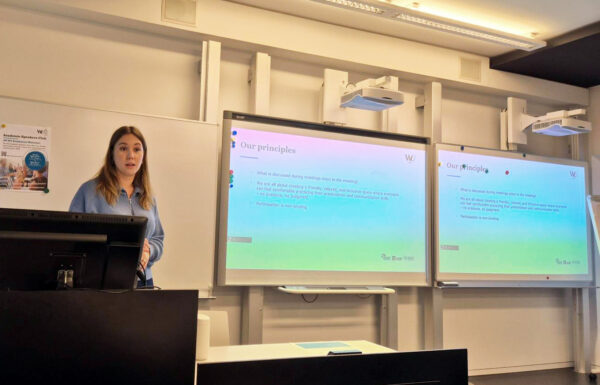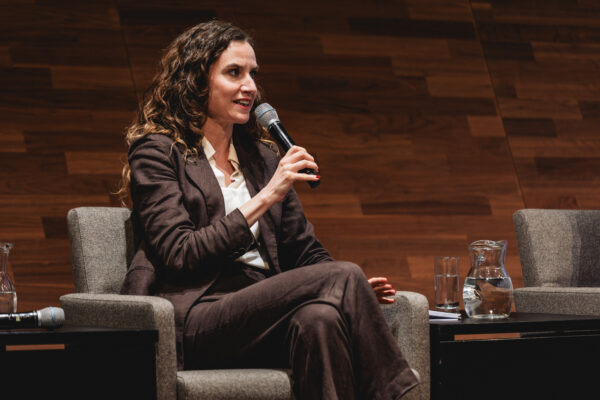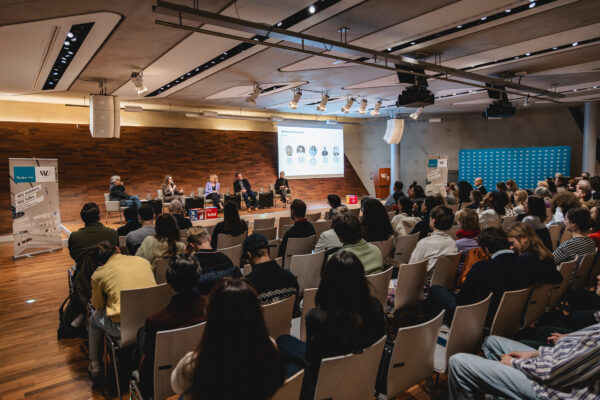“Entering the academic job market is a unique (and potentially intimidating) experience.”
What is life like after pursuing a PhD? What are the job opportunities and what comes next? Every year PhD students from the Vienna Graduate School of Finance (VGSF) take the intimidating path towards finding a job in academia. Christoph Scheuch and Stefan Voigt are in their last year at the VGSF. They are currently submitting their thesis and will receive their PhD degree by the end of June. Each year, the last-year students go through a procedure called ‘the job market’.
WU Blog: What is the actual meaning of ‘being on the job market’?
Christoph: The finance job market follows a rather standardized procedure for preparing the soon-to-be-graduates to find their right placement in academia; for example, as an Assistant Professor.
Stefan: Preparing for the job market involves writing a (single-authored) job market paper, performing mock interviews with faculty members and submitting numerous applications. Hiring committees from universities but also companies from all over the world conduct the interviews during the main events of the academic job market of finance and economics. These include the annual meetings of the American Economic Association (AEA), the American Finance Association (AFA) and their European counterpart (the EEA).
WU Blog: What kind of job were you looking for?
Stefan: I pursue research questions related to blockchain-based markets, high frequency trading and big data in financial applications. Consequently, it was my aim to pursue academic research in this field. I want to be part of a community having similar interests, located at the intersection of financial economics and econometrics.
Christoph: I was looking for a position as a data scientist in the Viennese financial industry, since I decided to leave academia but wanted to stay in Vienna. Data science jobs are primarily advertised in LinkedIn, which is where I discovered the posting for my new position.
WU Blog: Where did you land?
Christoph: I am going to be the Head of Business Intelligence and Data Science at wikifolio Financial Technologies AG. Our platform collects unique and highly interesting data on individual investment decisions, which I really enjoy exploring and analyzing.
Stefan: I will move to Copenhagen this summer. As of September 2020, I am going to be an Assistant Professor in Finance at the Department of Economics, University of Copenhagen.
“Interviews in the private sector are very different from those in the academic market, so the standard job market- preparation did not apply to me”
WU Blog: Congratulations! How many interviews did you have?
Stefan: During the annual meetings mentioned before, I was invited to 29 interviews from different institutions. The interviews were rather standardized, lasted about 30 minutes and took place in hotels scattered around the different cities. This procedure makes the search process as efficient as possible, for both the hiring committees and the applicants.
Christoph: Frankly, I only applied to four jobs and faced several interview rounds at two institutions, which resulted in the offer from my preferred employer. Interviews in the private sector are very different from those in the academic market, so the standard job market- preparation did not apply to me. Interviews for data science jobs typically entail at least one round of technical assessment of your programming experience. On that note, I highly recommend students who might want to work as data scientists after their PhD to learn R or Python since nobody uses Stata outside economic research.
WU Blog: How did VGSF help you with the job market?
Christoph: Although I did not go through the usual job market procedure, I could nonetheless always talk to the VGSF faculty about my interview experiences and job offers. These discussions helped me foster my vision for any future jobs as well as my decision to join wikifolio.
Stefan: Entering the academic job market is a unique (and potentially intimidating) experience, and I am extremely grateful for the support of the VGSF faculty, my colleagues and especially my adviser, Nikolaus Hautsch. They not only provided me with many feedbacks, ideas and suggestions, but also helped me by lending a sympathetic ear during the stressful period. I want to emphasize that being a part of the VGSF community for almost five years during the PhD provided me with countless opportunities to learn from and interact with many outstanding people, and I feel that this was the best possible preparation for me!
WU Blog: What is next?
Both: Defending the thesis in May, presumably. And after that, going on a vacation!
